Silent Witness star Liz Carr reveals doctor's chilling comment about the 500 patients she helped die
She is the star of Silent Witness, Good Omens and The Witcher, but now Liz Carr is taking on the most important role of her life. Long before her acting career made her a household name, Liz was an activist, campaigning against repeated attempts to legalise assisted dying in the UK. Now she has authored a BBC documentary called Better Off Dead?, a project she has been trying to get off the ground since 2011.
“It scares me that it feels like the majority of people think assisted suicide is a really good idea,” says Liz. “I don’t think we’re hearing about other viewpoints. There are a lot of people who have fears. Looking at where we’re going in society at the moment, recent comments about benefits and disabled people, is this really the right time to be offering death as a solution?” she asks.
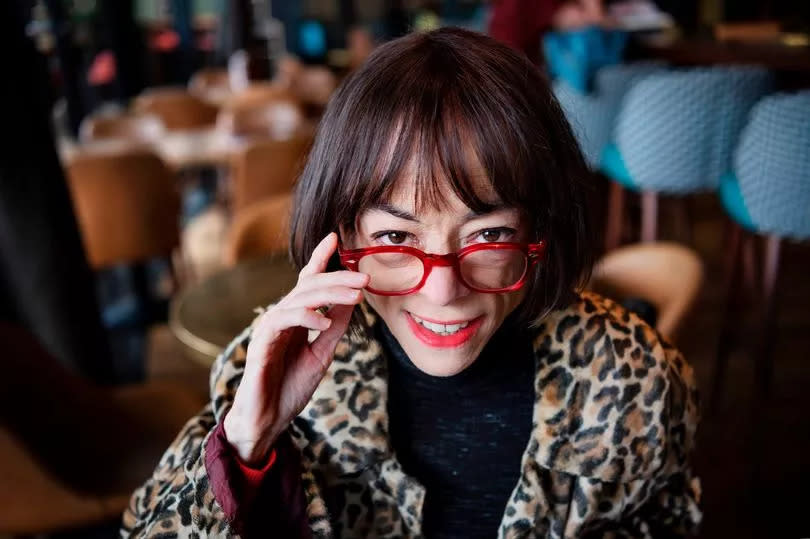
Liz, a wheelchair user since her teenage years, says many people have told her that if they were “like her’’ they’d rather be dead – and all her disabled friends have had the same experience.
In the show, Liz asks, “If you saw someone on a bridge about to jump, would you stand by and let them do it? Would you support them in the name of choice and autonomy? No, you would probably intervene and suggest they get help. But if it was a disabled person, would your response be the same? Or do you see their decision to end their life as understandable, even inevitable?
“Many of us feel that assisted suicide creates a two-tier system – suicide prevention for some, suicide approval for others.”
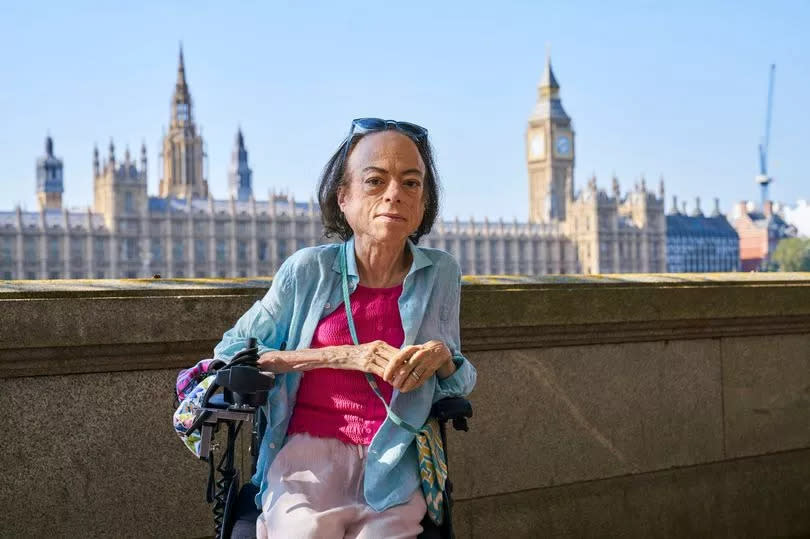
As part of the programme, Liz travels to Canada, where assisted suicide is legal. The law there originally only provided for terminally ill patients, but in 2021 it was expanded to include those with incurable conditions.
Liz meets Amir Farsoud, who has a severe disability, and whose application for assisted suicide was approved even though he claims he told doctors he was applying for it because his benefits would no longer cover his housing costs and he feared homelessness.
Amir’s story is shocking, but Liz’s encounter with Canadian euthanasia doctor Ellen Wiebe is more disturbing still.
Viewers will see Dr Wiebe, who has medically assisted in the deaths of more than 500 people since it was legalised in Canada, claiming that she believes Liz, 52, could be a candidate for assisted suicide under the country’s permissive laws.
In the programme, she says, “There are lots of nasty illnesses you might get,” before adding, “I love my job. This is the very best work I’ve ever done in these last seven years and people ask me why and I think, ‘Well doctors like grateful patients,’ and nobody is more grateful than my patients now.”
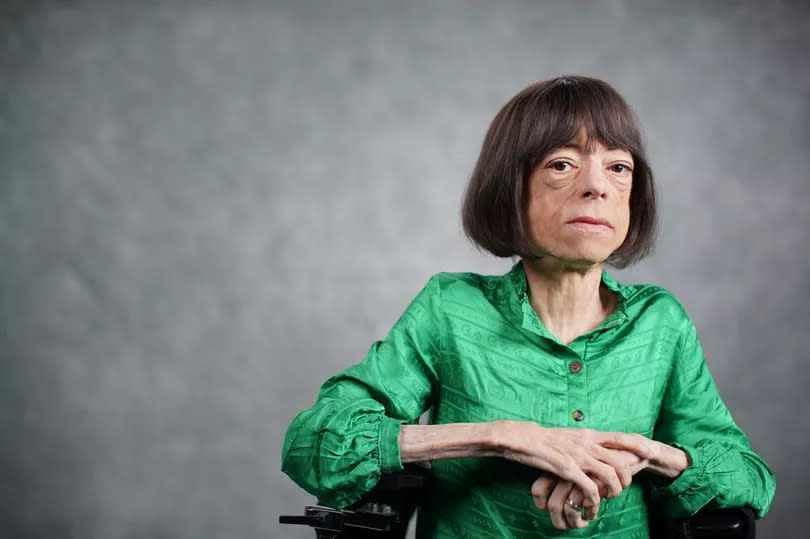
Liz says she fears viewers will think the interview has been edited to make the doctor appear sinister. “She was just like that,” she says. “She had a very interesting type of energy.”
Liz is bracing herself to face criticism when the documentary airs, because assisted dying is such a deeply emotive subject.
“It’s frightening because of the polarisation of views,” she says. “If you take a different view, you are therefore the enemy. I am afraid of that, but not afraid enough that I wouldn’t take the opportunity to do this. I don’t think a good death equals legalising assisted suicide.”
Since receiving a diagnosis of terminal lung cancer last year, Dame Esther Rantzen, 83, has campaigned for assisted dying in the UK. The TV presenter argues that if we can offer euthanasia for pets, we should offer it to humans, saying, “We offer our beloved pets a pain-free death and we can’t offer it to our beloved family.”
It’s an analogy that Liz disagrees with, claiming that many animals are put down to save money, something she fears would happen to humans.
“There are considerable numbers of healthy pets that are euthanised because they cost too much, because they’re inconvenient, because they’re badly behaved, because they’re not wanted, because they’re a burden,” she says. “These are the exact reasons why I’m afraid.”
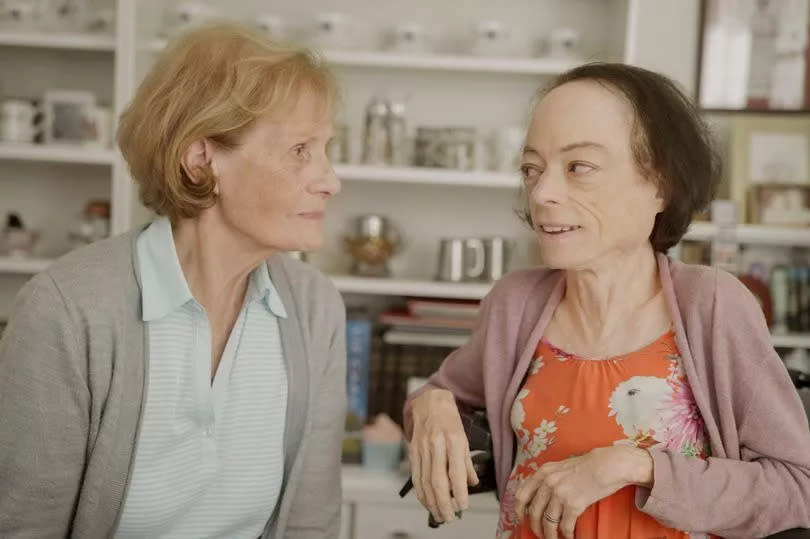
The petition recently debated in Parliament argued that “terminally ill people who are mentally sound and near the end of their lives should not suffer unbearably against their will”.
However, Liz fears that should assisted dying become legal, the law will widen to include those who are not terminally ill but who are suffering, as has happened in Canada and elsewhere. “Ultimately, as soon as you have a definition, based on suffering, then I become a possible target for that law,” says Liz. “As does pretty much any disabled person.”
Recommendations by a Canadian Parliamentary committee have included widening the law to include children over 12. That is chilling for Liz, who discovers from her mother’s diaries from the 1980s that she talked about wanting to die as a 12-year-old. “Sometimes we need to be protected from ourselves,” she says.
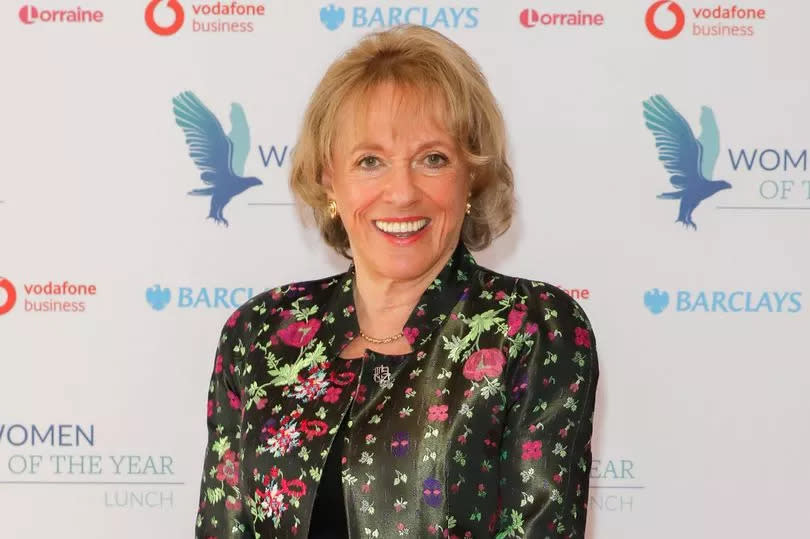
Campaigners argue the law would have safeguards. Liz is a supporter of the NHS, but says that many people’s difficulties in accessing even routine medical help mean any law on assisted suicide could never be safe. “Think about your local GP,” urges Liz. “Can you get an appointment? This is death. Somebody dies, and there could be mistakes. And the mistake is a life that we shouldn’t have lost.”
Better Off Dead? airs on Tuesday 14 May, 9pm, on BBC One and iPlayer


